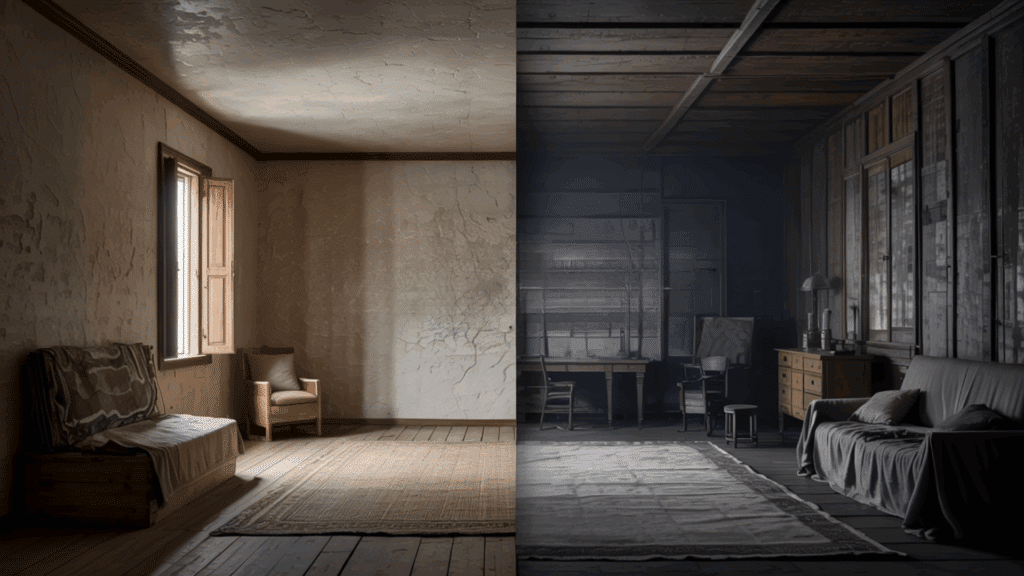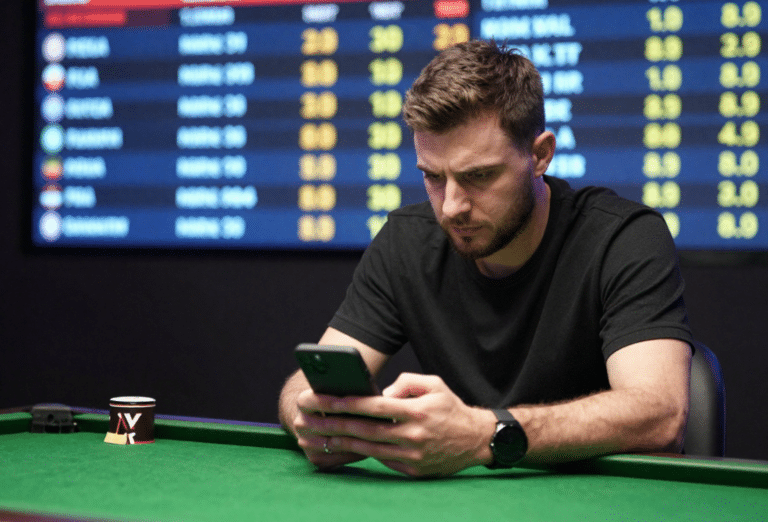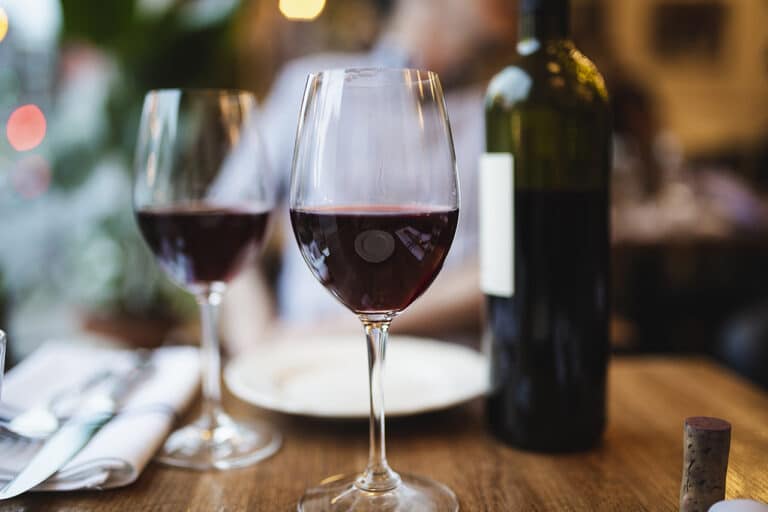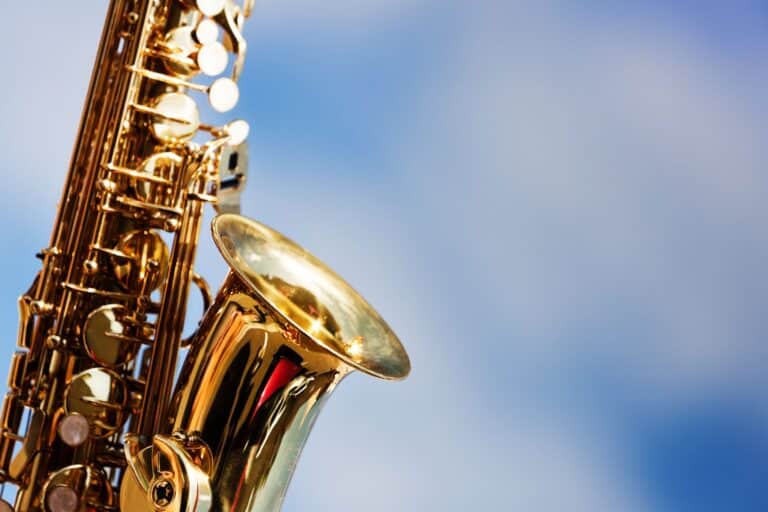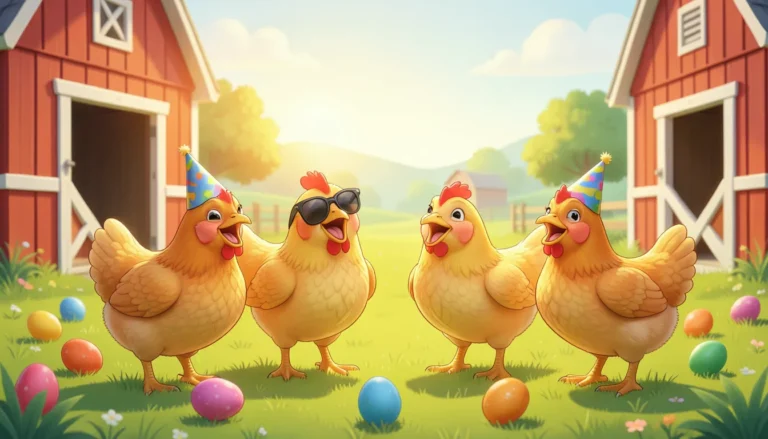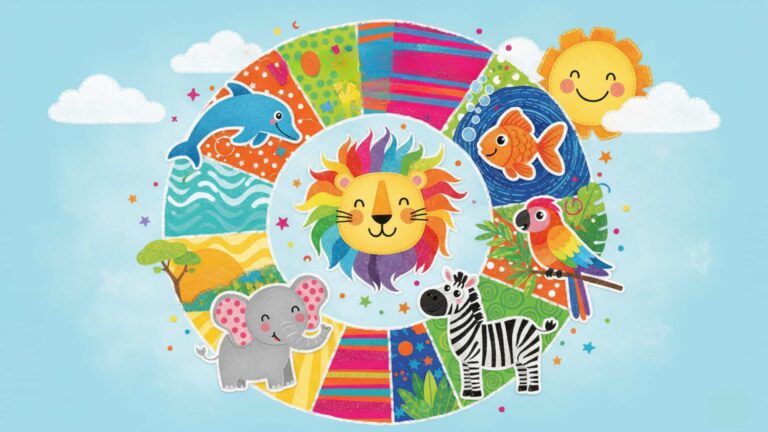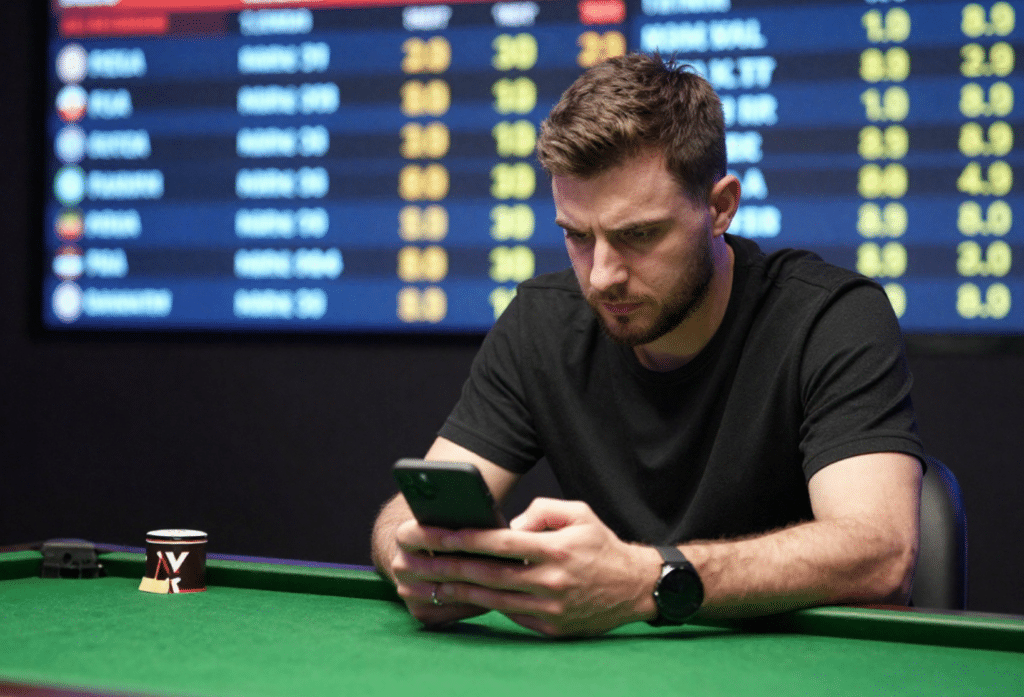Everyone loves a good brain teaser, and “poor people have it rich people need it” ranks among the most compelling riddles out there.
This puzzle has stumped many people over the years, as they search for the object or concept that fits these contradictory requirements. The answer is both simple and earnest when one finally sees it.
This blog breaks down not only the solution to “poor people have it rich people need it” but also scans similar riddles and what they tell us about wealth and society.
Readers will gain both the satisfaction of solving the riddle and a greater understanding of its meaning.
The Surprising Answer to Poor People Have it Rich People Need it: “Nothing”
The answer to the riddle “poor people have it rich people need it” is simply “nothing.”
This solution works on multiple levels. Poor people, by definition, have nothing or very little in terms of material wealth. Rich people, who have many possessions, often need nothing more.
The beauty of this riddle lies in its simplicity. Most people look for complex answers when the solution is right in front of them. The word “nothing” fits perfectly because it works both literally and figuratively.
This riddle makes people think about what they truly have versus what they want. Poor people may lack material goods but might still find happiness. Meanwhile, wealthy individuals might benefit from needing nothing more than what they already own.
The “poor people have it rich people need it” puzzle serves as a reminder that sometimes the most basic answer can carry the greater meaning.
It shows how a single word can shift our thinking about wealth and contentment.
Riddles of Wealth, Poverty, and Value
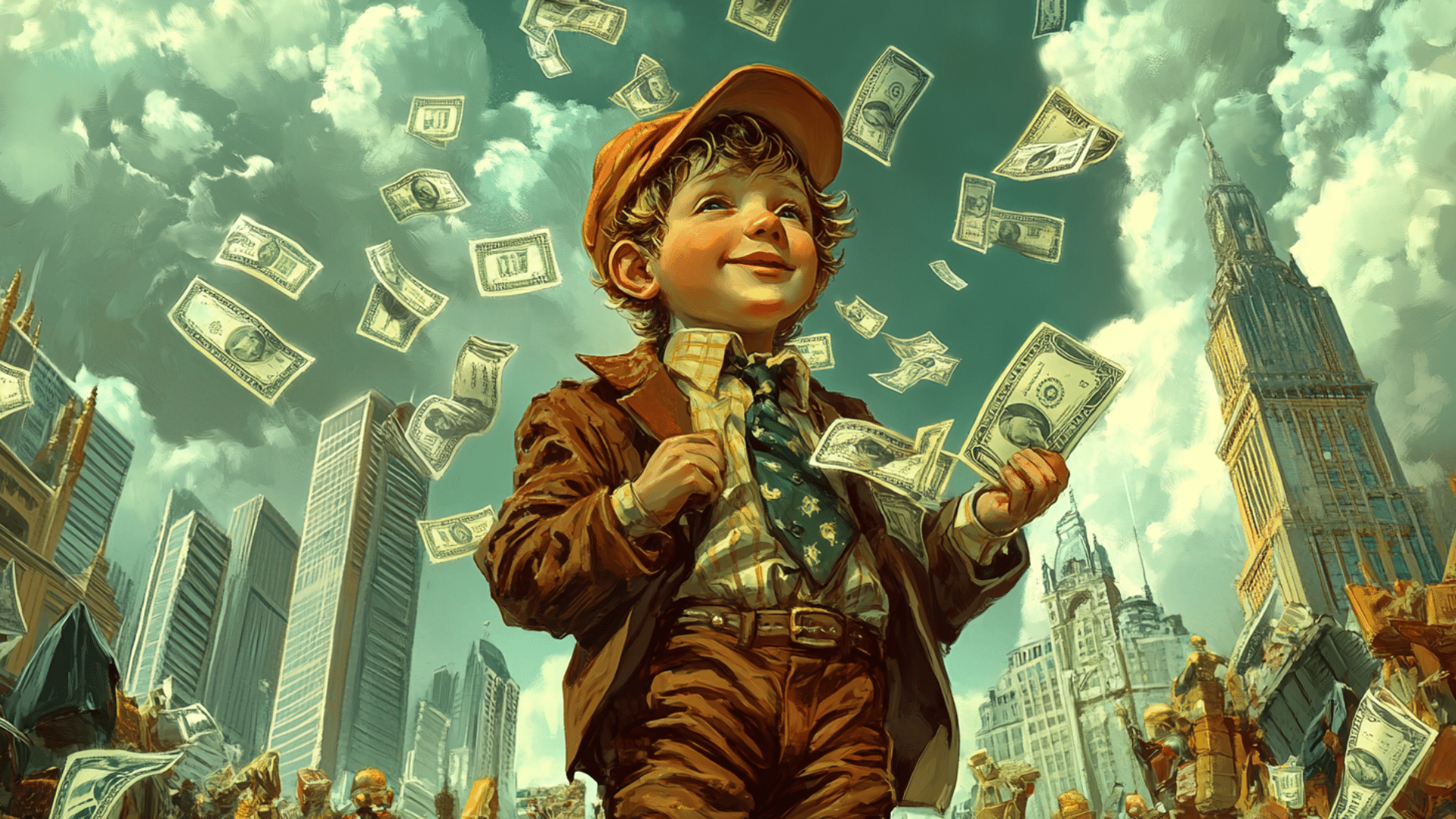
1. What grows richer the more you share it?
Kindness.
2. What do the poor have in abundance that the rich often lack?
Time.
3. What costs nothing but is worth everything to the hungry?
Hope.
4. What builds empires yet crumbles in a lie?
Trust.
5. What can’t be bought but is spent daily?
Respect.
6. What is owned by all but claimed by none?
The future.
7. What grows in value when given freely?
Generosity.
8. What is lighter than air but heavier than gold?
Guilt.
9. What is priceless to the giver but worthless to the thief?
Gratitude.
10. What is measured in years but spent in moments?
Life.
11. What can’t be held but can be broken?
A promise.
12. What is borrowed most by the wealthy?
Time.
13. What is lost by the miser and gained by the giver?
Joy.
14. What is invisible yet divides nations?
Debt.
15. What is shared by all but owned by none?
Air.
16. What do the rich hoard and the poor squander?
Opportunity.
17. What is created in silence but shattered by noise?
Reputation.
18. What is bought by the penny and sold by the millions?
Luck.
19. What is taken from the earth but never returned?
Resources.
20. What is earned in sweat but lost in greed?
Wealth.
21. What is given freely but repaid with interest?
Kindness.
22. What is worth more when broken?
A record.
23. What is the one debt that enriches you?
Gratitude.
24. What is empty but fills every pocket?
Need.
25. What grows shorter the longer you hold it?
A candle (or time).
Riddles of Money, Markets, and Trade
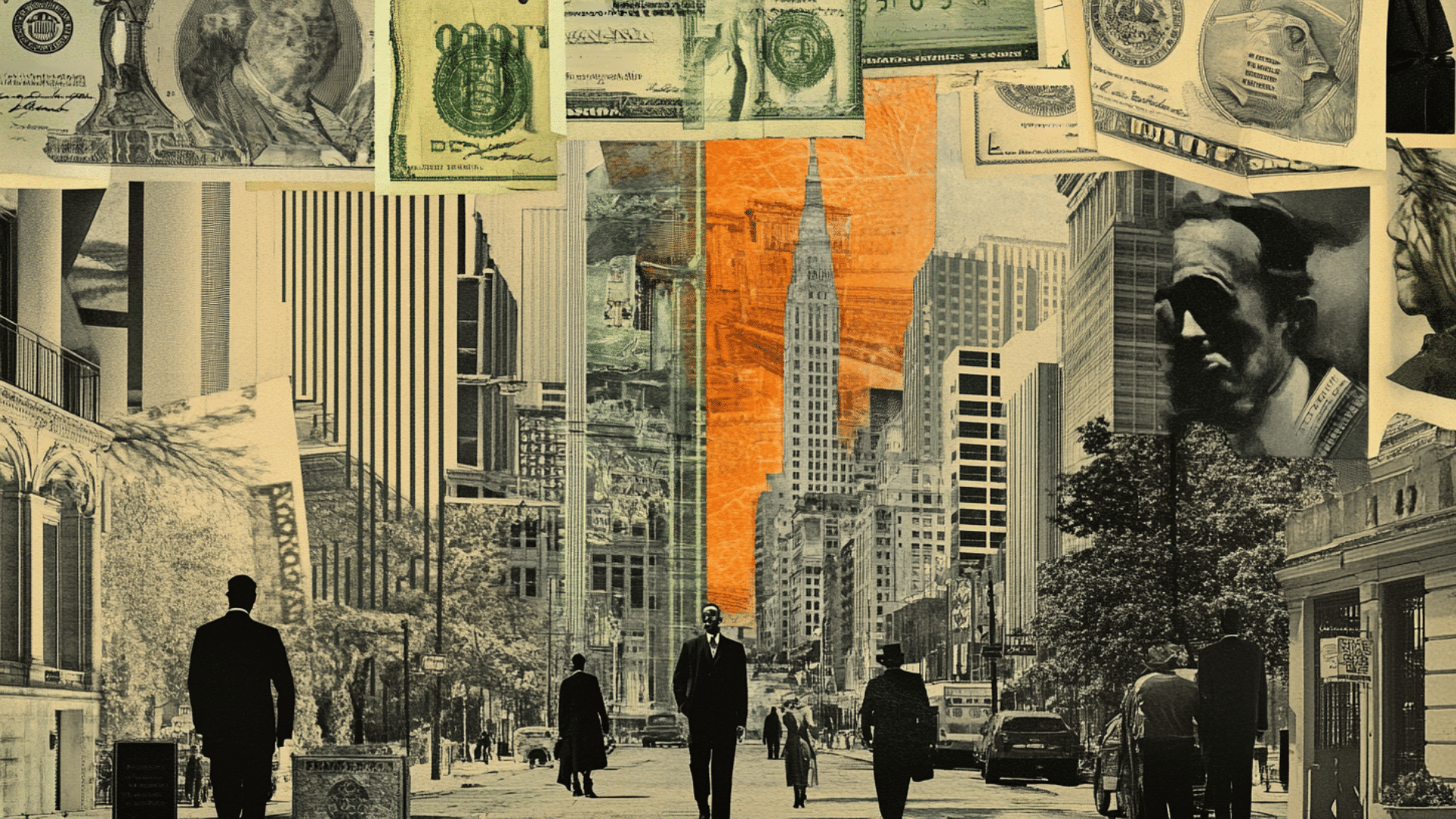
26. What jingles in pockets but buys no happiness?
Coins.
27. What is printed on paper but builds kingdoms?
Money.
28. What is counted but never held?
Interest.
29. What rises and falls but never moves?
Stock prices.
30. What is borrowed by the desperate and sold by the shrewd?
Debt.
31. What multiplies when divided wisely?
Investments.
32. What turns paupers to kings and kings to paupers?
Fortune.
33. What is traded daily but never consumed?
Shares.
34. What is bought by weight but sold by value?
Gold.
35. What is the invisible hand that feeds the hungry?
Charity.
36. What is earned while you sleep?
Interest.
37. What is the price of time?
Labor.
38. What is the currency of trust?
Promises.
39. What is sold but never owned?
Ideas.
40. What is the thief of all thieves?
Inflation.
41. What is the seed of empires?
Ambition.
42. What is the silent partner in every deal?
Risk.
43. What is the universal language of want?
Money.
44. What is the bridge between need and greed?
Desire.
45. What is the mask of power?
Wealth.
46. What is the echo of labor?
Wages.
47. What is the ghost in every transaction?
Debt.
48. What is the shadow of prosperity?
Poverty.
49. What is the clockwork of economies?
Supply and demand.
50. What is the only legal counterfeit?
Fiat money.
51. What is the alchemy of modern times?
Banking.
52. What is the harvest of risk?
Profit.
53. What is the mirror of society’s values?
Markets.
54. What is the engine of innovation?
Capital.
55. What is the silent tax on the poor?
Inflation.
56. What is the currency of the future?
Trust.
57. What is the price of a dream?
Risk.
58. What is the true cost of free?
Attention.
59. What is the ladder of ambition?
Wealth.
60. What is the great equalizer?
Death.
Riddles of Society, Power, and Human Nature
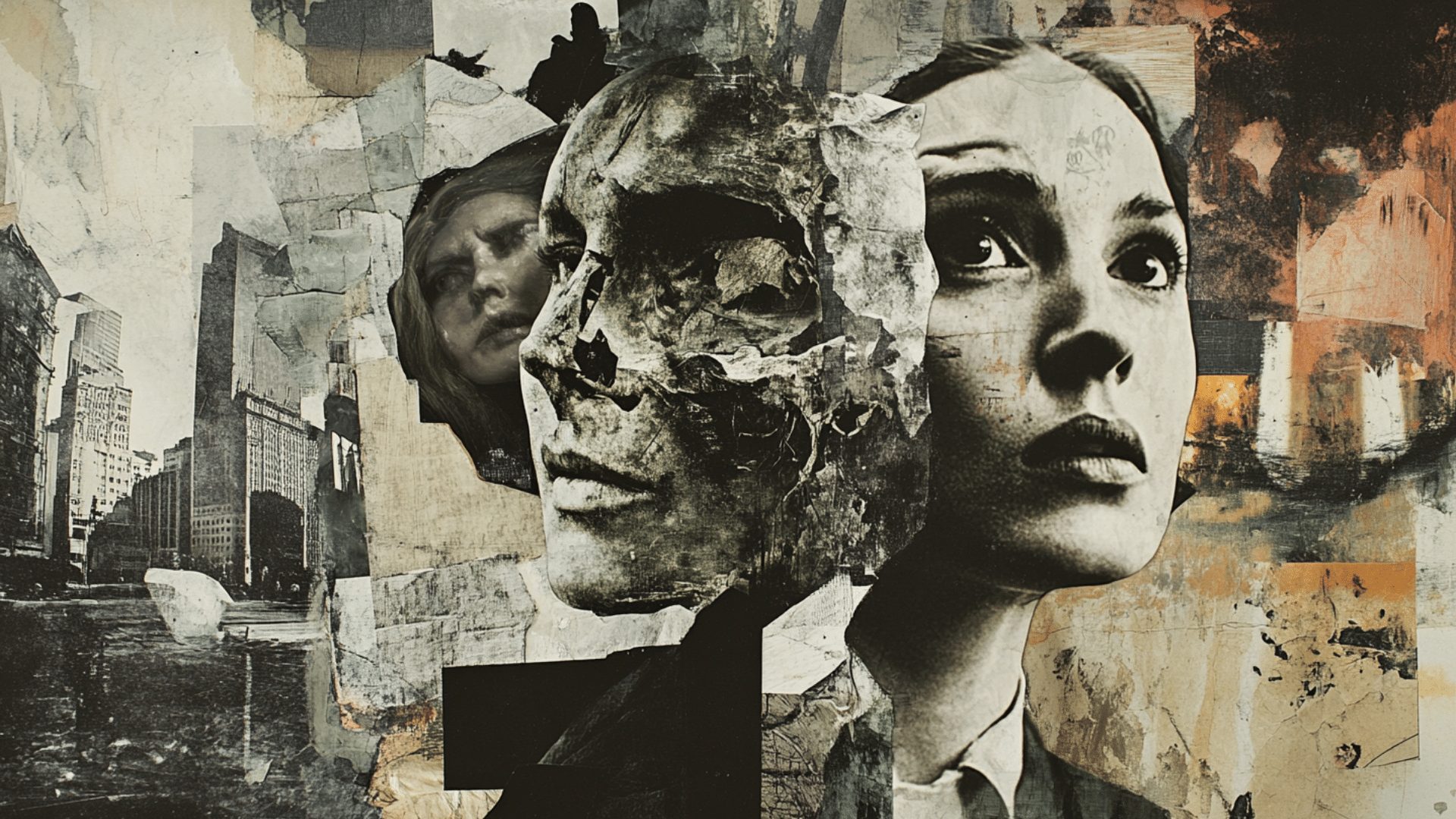
61. What unites and divides in equal measure?
Beliefs.
62. What builds walls and bridges at once?
Wealth.
63. What is both weapon and shield?
Words.
64. What is given but never received?
Blame.
65. What is the currency of power?
Influence.
66. What is the invisible crown?
Authority.
67. What is the fabric of civilization?
Trust.
68. What is the true measure of a person?
Actions.
69. What is the prison of the mind?
Fear.
70. What is the fire that fuels revolutions?
Hope.
71. What is the seed of corruption?
Greed.
72. What is the echo of history?
Legacy.
73. What is the mask of the powerful?
Charisma.
74. What is the currency of friendship?
Loyalty.
75. What is the silent ruler of nations?
Tradition.
76. What is the mirror of the soul?
Choices.
77. What is the architect of destiny?
Decisions.
78. What is the true wealth of nations?
People.
79. What is the shadow of progress?
Inequality.
80. What is the language of the powerless?
Protest.
81. What is the currency of love?
Time.
82. What is the true cost of war?
Humanity.
83. What is the silent revolution?
Education.
84. What is the antidote to greed?
Generosity.
85. What is the bridge between generations?
Stories.
86. What is the true price of freedom?
Responsibility.
87. What is the foundation of trust?
Honesty.
88. What is the enemy of progress?
Complacency.
89. What is the currency of peace?
Cooperation.
90. What is the true meaning of wealth?
Contentment.
91. What is the mirror of society?
Media.
92. What is the seed of change?
Dissent.
93. What is the currency of respect?
Integrity.
94. What is the silent teacher?
Experience.
95. What is the true measure of success?
Impact.
96. What is the price of ambition?
Sacrifice.
97. What is the fuel of innovation?
Curiosity.
98. What is the bridge between cultures?
Empathy.
99. What is the currency of happiness?
Gratitude.
100. What is the true cost of lies?
Trust.
101. What is the bridge between dreams and reality?
Action.
What “Poor People Have it Rich People Need it” Teaches About Wealth Gaps

The riddle “poor people have it rich people need it” offers more than just word play. This simple puzzle reveals several truths about wealth, society, and human nature.
The answer “nothing” points to gaps between different economic classes that go beyond money alone. These insights help people understand wealth from multiple angles.
The riddle acts as a mirror that reflects how society views having versus wanting.
- Material satisfaction: People with fewer possessions often learn to be content with what they have. This contentment comes from necessity but creates a skill for finding joy in small things.
- The paradox of plenty: Research shows that after basic needs are met, more possessions do not equal more happiness. The riddle points to how those with wealth might benefit from wanting less.
- Social connections: Less wealthy communities often build stronger personal bonds out of necessity. These tight networks provide support that money cannot buy.
- Time freedom: Those with fewer resources often spend less time managing possessions. The mental space from owning fewer things can be liberating.
- Practical skills: People with limited means typically develop useful abilities to fix, make, and maintain things. These skills provide a sense of control and self worth.
- Gratitude practice: Those with less often show more thanks for what they receive. Research links gratitude with greater life satisfaction across all income levels.
- Financial wisdom: People who live with limited budgets often master careful planning and resource management. This wisdom comes from having to make do with less.
Wrapping It Up
The answer to this clever riddle reminds us that sometimes the simplest solutions carry the greatest truths. Nothing is both what those without wealth possess in material terms and what affluent individuals might benefit from wanting.
“Poor people have it rich people need it” works on multiple levels, making people think beyond their first assumptions.
When examined closely, this puzzle highlights the strange relationship humans have with possessions and desires. It shows that wealth exists in many forms beyond money.
What looks like having little might actually be having enough.

